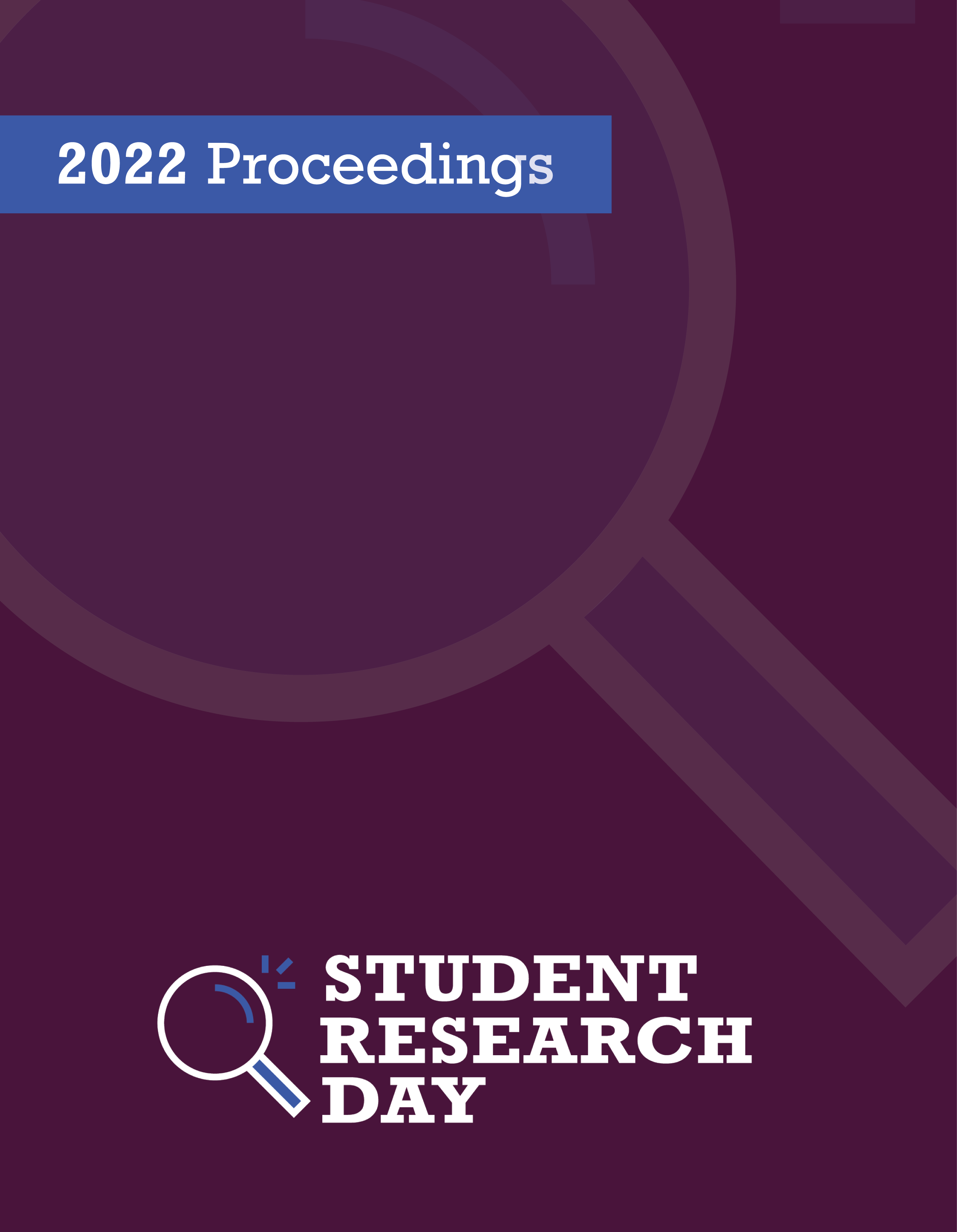How respondent intoxication influences university staff's perceptions of risk and sanction recommendations in an on-campus sexual assault scenario
Abstract
The present research will focus on how perpetrator intoxication influences perceptions of risk to reoffend as well as sanction recommendations in an on-campus sexual assault scenario. It is hypothesized that perpetrators who are intoxicated will be deemed lower risk and will be assigned less severe sanctions. Additionally, it is hypothesized that those that are under the influence of MDMA will be seen as higher risk than those under the influence of alcohol. University staff members will be presented with a vignette depicting an on-campus sexual assault, where perpetrator intoxicamation (sober, alcohol intoxication, and MDMA intoxication) will be varied. Respondent will then be asked to rate the likelihood that the perpetrator will go on to commit another sexual offence that is less, equally, or more severe than the one depicted in the scenario. Respondents will also be asked to select from a list of several sanctions all that they believe are appropriate given the scenario. Past research has shown that offender intoxication can have a strong influence on how people assign blame and culpability in a sexual assault scenario. However, whether this translates to perceptions of risk has not been explored. As disciplinary actions are often, if not always, left to the discretion of university staff members, it is important to understand how this factor could be influencing these decisions. This is especially important when we consider that substance abuse has been found in previous research to be associated with increased risk of sexual recidivism, albeit with offender samples.
Department: Psychology
Faculty Mentor: Dr. Sandy Jung
References
Published
Issue
Section
License
Authors retain any and all existing copyright to works contributed to these proceedings.



